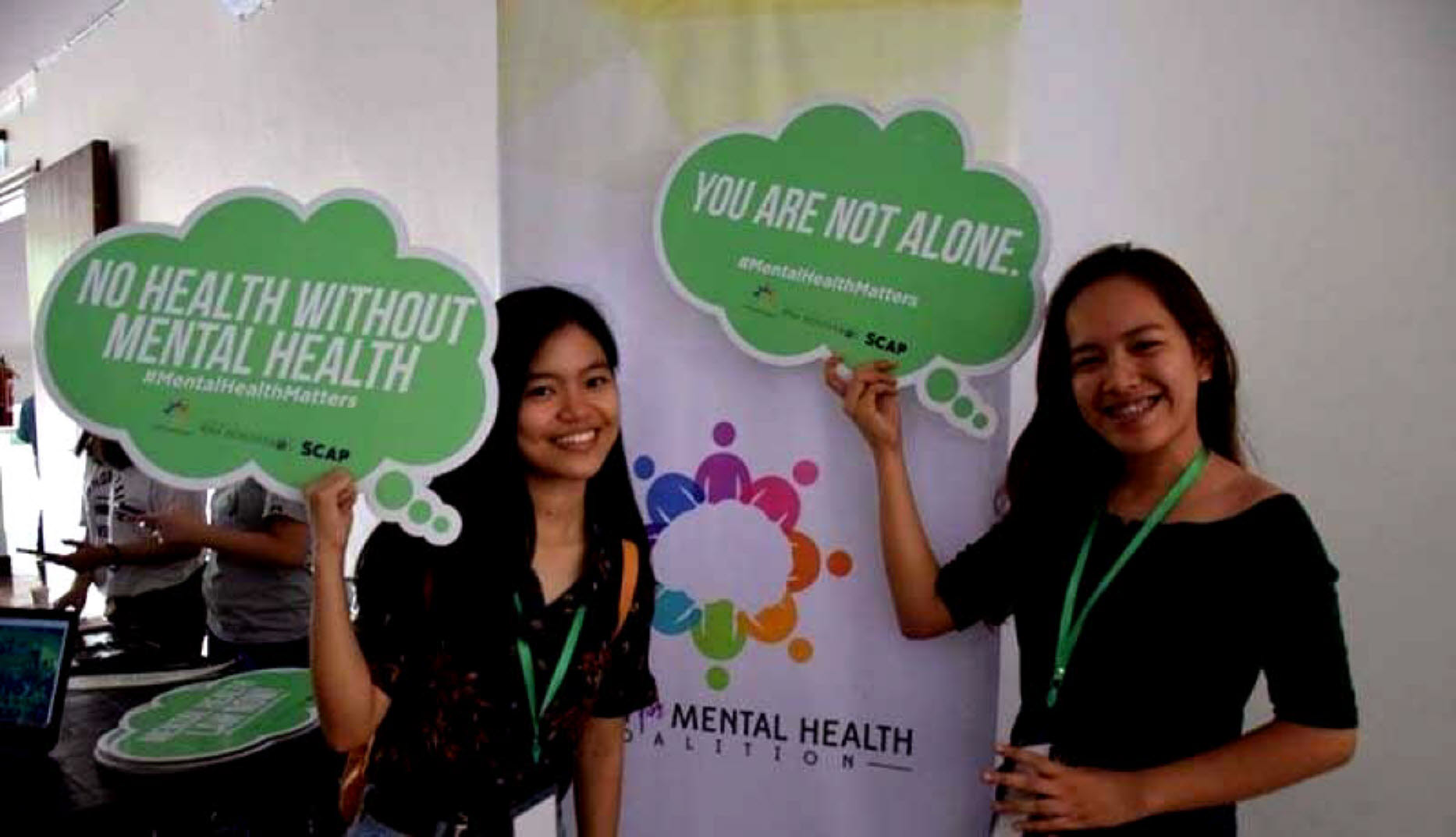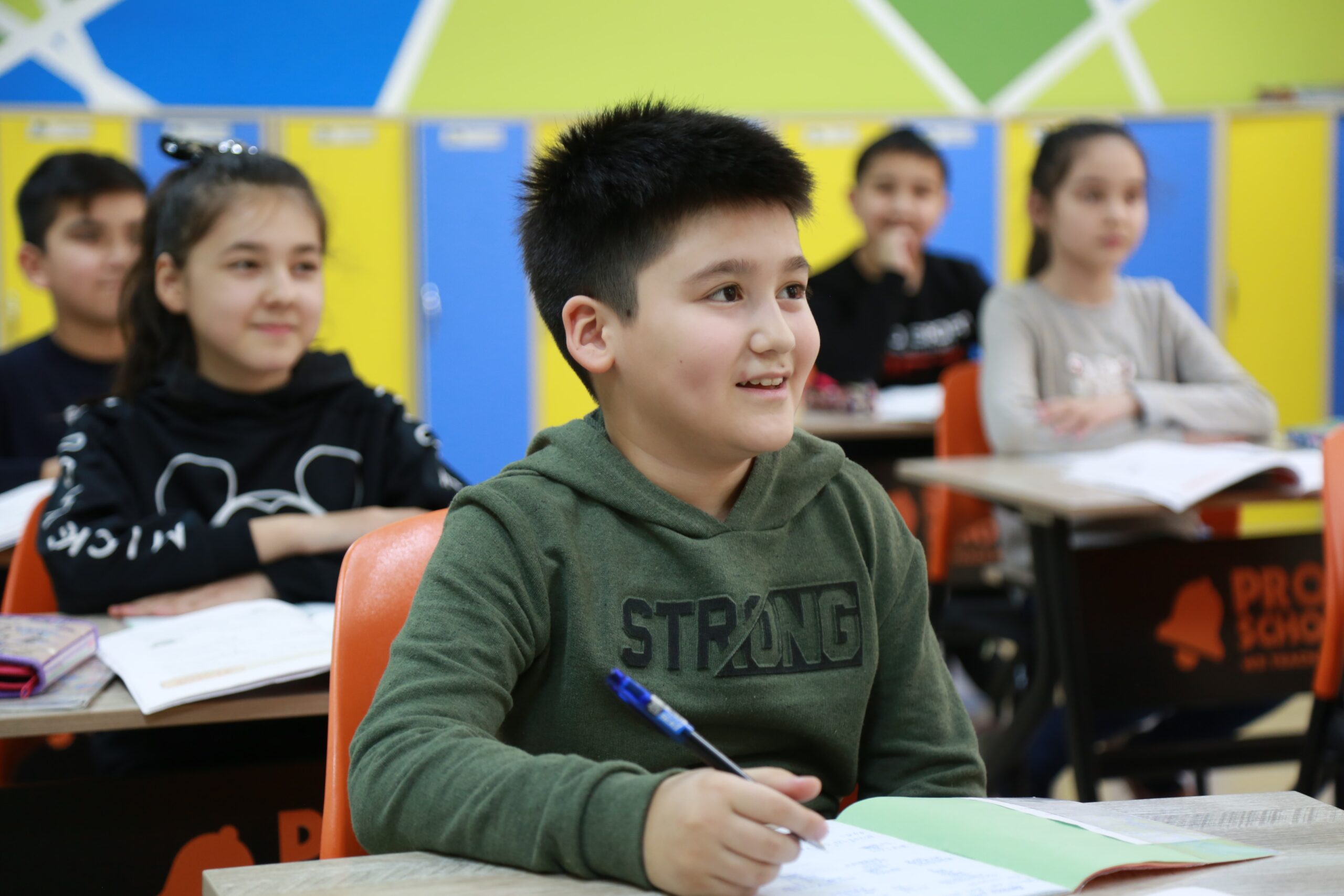Readers offer their analysis of why they are despondent and how best to help them.

To the Editor:
Re “Why Are Young Americans Killing Themselves?,” by Richard A. Friedman
While I appreciate Dr. Friedman’s effort to call attention to the epidemic of suicide among young people in this country, I can’t help but be frustrated by the simplicity of his plan to address it. First, and perhaps most challenging, we need to address some of the underlying causes: a profoundly broken economy that robs young people of opportunities for a healthy and productive life, a constant news cycle full of dire predictions, and, of course, access to lethal means like guns.
But second, Dr. Friedman’s assertion that a visit to a family physician or therapist and medication are the first steps to treatment ignores the fact that we face a dire shortage of medical professionals, especially psychiatrists like Dr. Friedman himself, who can properly prescribe medication and provide accompanying therapy — the combination proven most effective in treating both #depression and #anxiety.
“What are we waiting for?” Dr. Friedman asks. Probably a callback from the one psychiatrist within hundreds of miles who is taking new patients.
Lee Burdette Williams
South Burlington, Vt.
The writer is senior director for #mentalhealth initiatives at NASPA: Student Affairs Administrators in Higher Education.
To the Editor:
It seems extraordinary that in a time of relentless school shootings and obvious evidence of climate change that the #depression of #teenagers is attributed to media and drugs rather than the failure of politicians to care about America’s children and their future.
Chandra Mukerji
San Diego
To the Editor:
Richard A. Friedman calls attention to the very disturbing problem of significant increases in youth #suicide and #depression. His solution — depression screening and better access to pharmacotherapy and psychotherapy — is a good start. However, it does not address the causes of young people’s #depression and despair: the isolation, cyber-preoccupation and bullying he mentions, and the feelings of inadequacy and uncertainty that fuel and compound them.
#JamesDonaldson notes:
Welcome to the “next chapter” of my life… being a voice and an advocate for #mentalhealthawarenessandsuicideprevention, especially pertaining to our younger generation of students and student-athletes.
Getting men to speak up and reach out for help and assistance is one of my passions. Us men need to not suffer in silence or drown our sorrows in alcohol, hang out at bars and strip joints, or get involved with drug use.
Having gone through a recent bout of #depression and #suicidalthoughts myself, I realize now, that I can make a huge difference in the lives of so many by sharing my story, and by sharing various resources I come across as I work in this space. #http://bit.ly/JamesMentalHealthArticle
What is needed are school programs that teach self-awareness and self-care and offer group support, for teachers and parents as well as all students — programs that create a communitywide culture of wellness.
Teaching kids to use meditation techniques to reduce their #stress and teaching them ways to express their feelings and thoughts in words, drawings and movement will give them greater understanding of, and control over, disturbing emotions.
These approaches improve mood, sleep and focus, decrease #anxiety, and make kids feel more competent and hopeful. When they share their challenges and their successes in safe, supportive groups, they overcome the terrible #loneliness that contributes so significantly to #depression.
James S. Gordon
Washington
The writer, a psychiatrist, is the author of “The Transformation: Discovering Wholeness and Healing After Trauma.”
To the Editor:
A 2019 University of Michigan study showed that previously suicidal #teens were more likely to be alive 11 to 14 years later if the adults caring for them received education about #depression and #suicide. Parents are the most likely to recognize that their teen is depressed, most motivated to act and most able to harness resources to help their teen get well.
Too many parents feel immobilized because they don’t know how to talk to their #teen or find treatment and services. Something as accessible as a webinar or workshop on #teen #depression can get parents on the right track to supporting their #teen.
While social #stigma and a shortage of #mentalhealthprofessionals for adolescents are potential barriers, having a parent to advocate for their care and provide emotional support can mean the difference between life and death for a #teen.
Valerie Cordero
Susan Weinstein
The writers are co-executive directors of Families for #Depression Awareness.
[If you are having thoughts of #suicide, call the #NationalSuicidePreventionLifeline at 1-800-273-8255 (TALK) or go to SpeakingOfSuicide.com/resources for a list of additional resources.]

James Donaldson is a Washington State University graduate (’79). After an outstanding basketball career with WSU, he went on to play professional basketball in the NBA with the Seattle Supersonics, San Diego/L.A. Clippers, Dallas Mavericks, New York Knicks, and Utah Jazz. He also played for several teams in the European Leagues in Spain, Italy, and Greece, and he toured with The Harlem Globetrotters to wrap up his career. James was an NBA All-Star in 1988 while playing center for the Dallas Mavericks. In 2006, James was inducted into the Pac-10 Sports Hall of Fame and also the Washington State University Athletic Hall of Fame. In 2010, James was elected as a board member for the NBA Retired Players Association.
James frequently conducts speaking engagements (motivational, inspirational, educational) for organizations, schools, and youth groups.
In 2010, James was the recipient of the NBA Legends of Basketball ABC Award, awarded for outstanding contributions in Athletics–Business–Community.
He believes in being a role model for success and professionalism to the scores of young people to whom he devotes so much of his time. He currently serves on several boards and committees and is a member of many organizations.
James believes in developing relationships that create a “Win-Win” environment for everyone involved, and in being the best he can be!
For more information about James Donaldson or to request he speak at your event, contact him at:
www.StandingAboveTheCrowd.com
JamesD@StandingAboveTheCrowd.com
1-800-745-3161 (voicemail & fax)
James Donaldson is the author of “Standing Above The Crowd” and “Celebrating Your Gift of Life” and founder of the Your Gift of Life Foundation which focuses on mental health awareness and suicide prevention, especially pertaining to our school aged children and men.
If you’re interested in having James come and speak to your group of young adults, business entrepreneurs, aspiring political and community leaders, and athletic teams, please contact him at jamesd@yourgiftoflife.org and or leave a personal message for him at 1-800-745-3161. Keep up with him and read about how he is reaching out and making a difference in the lives of so many around the world at www.yourgiftoflife.org



